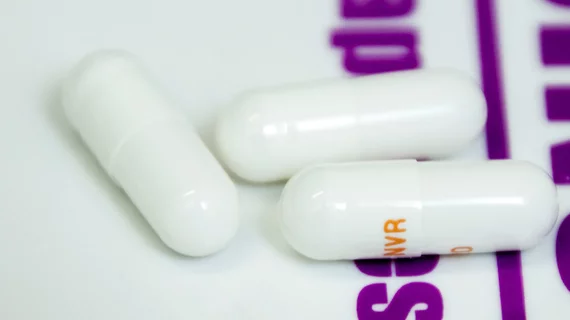AI calibrates drug advertising for stronger sales, better outcomes
A healthcare AI startup has introduced software that will let drugmakers market their wares directly to individual consumers without uncovering anyone’s actual identity.
The Manhattan company, DeepIntent, says its new product taps machine learning to correlate deidentified medical data with consumer info from marketing firms.
AI algorithms takes it from there in a HIPAA-compliant way, suggesting candidates to receive online ads for any number of particular prescriptions.
The marketing technique will be familiar to anyone who’s shopped for something online and then gotten barraged with ads for products in the same category.
However, according to DeepIntent’s co-founder and CEO, Christopher Paquette, the healthcare-specific software will eventually differentiate itself by yielding positive clinical outcomes and showing that it did so.
“We don’t do advertising for advertising’s sake,” Paquette tells AI reporter Tiernan Ray of ZDNet. “We do it to get info to patients to make more informed decisions.”
Paquette, a former head of data science at Memorial Sloan Kettering Cancer Center, says DeepIntent has already made clients of seven players in Big Pharma’s top 10.
Get the rest from ZDNet:

